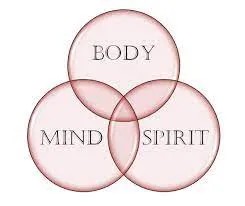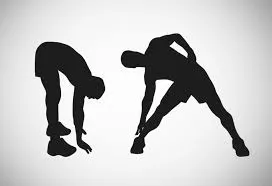
In a world where personal safety is a concern for many, the concept of self-defense often brings to mind physical techniques and strategies to ward off potential threats. While these skills are undoubtedly valuable, it’s essential not to neglect another critical aspect of self-defense: your personal inner growth. The journey towards becoming physically and mentally adept at self-defense is intricately tied to nurturing your personal growth. In this article, we’ll explore the profound connection between self-defense and inner development and why a holistic approach is key to empowering yourself.
Personal growth encompasses emotional intelligence, self-awareness, confidence, resilience, and more. These qualities are not only invaluable in daily life but also crucial in the context of self-defense. Developing a strong sense of self-worth and confidence positively impacts your ability to handle potentially dangerous situations. Confidence isn’t just about appearing self-assured; it’s about believing in your capacity to respond effectively, whether through verbal de-escalation or physical techniques. And just like with self-defense, confidence comes from consistent training. This is not just a mental game, however. Your mind and body work together to aid in building your sense of self-worth and confidence. Physical health is a cornerstone of personal growth. Regular exercise and a balanced diet not only keep you fit but also contribute to a positive self-image and increased vitality.
Emotional intelligence enables you to read situations accurately and respond appropriately. Understanding your emotions and those of others enhances your ability to anticipate potential threats, assess danger levels, and make informed decisions. Personal growth nurtures resilience, teaching you how to bounce back from adversity. In the context of self-defense, this skill allows you to remain composed under pressure, think on your feet, and adapt your strategies based on the evolving situation. Inner growth practices such as mindfulness, meditation, and yoga cultivate a strong mind-body connection. This connection can improve your overall physical coordination, enhance your reaction times, and help you maintain focus during stressful situations. Engage in mindfulness and meditation to cultivate a calm mind, which is invaluable during high-stress situations. These practices also improve your ability to focus and think clearly under pressure. Communication skills are a form of self-defense often overlooked. The ability to defuse tense situations through effective communication can prevent physical altercations. Developing empathy and active listening skills can significantly enhance your verbal de-escalation abilities.
These things do not happen in a vacuum though. Regular self-reflection fosters self-awareness, allowing you to identify areas for improvement and track your progress. Ask yourself what triggers your fear or anxiety, and work on addressing these issues. And it doesn’t stop with doing this once or twice. Embrace a growth mindset by seeking out opportunities for learning and improvement. Attend self-defense classes to acquire practical skills while simultaneously developing mental fortitude. Growth often happens outside your comfort zone. Push yourself to try new things, whether it’s a new self-defense technique or a personal development practice like public speaking.
True self-defense is a comprehensive endeavor that extends beyond physical techniques. By embracing personal inner growth, you equip yourself with a multifaceted toolkit that enhances your overall well-being while empowering you to effectively handle challenging situations. The journey towards self-improvement and self-defense is a lifelong one, but the rewards are immeasurable. Remember, by nurturing your inner self, you’re not only safeguarding your physical safety but also enriching your entire existence.


